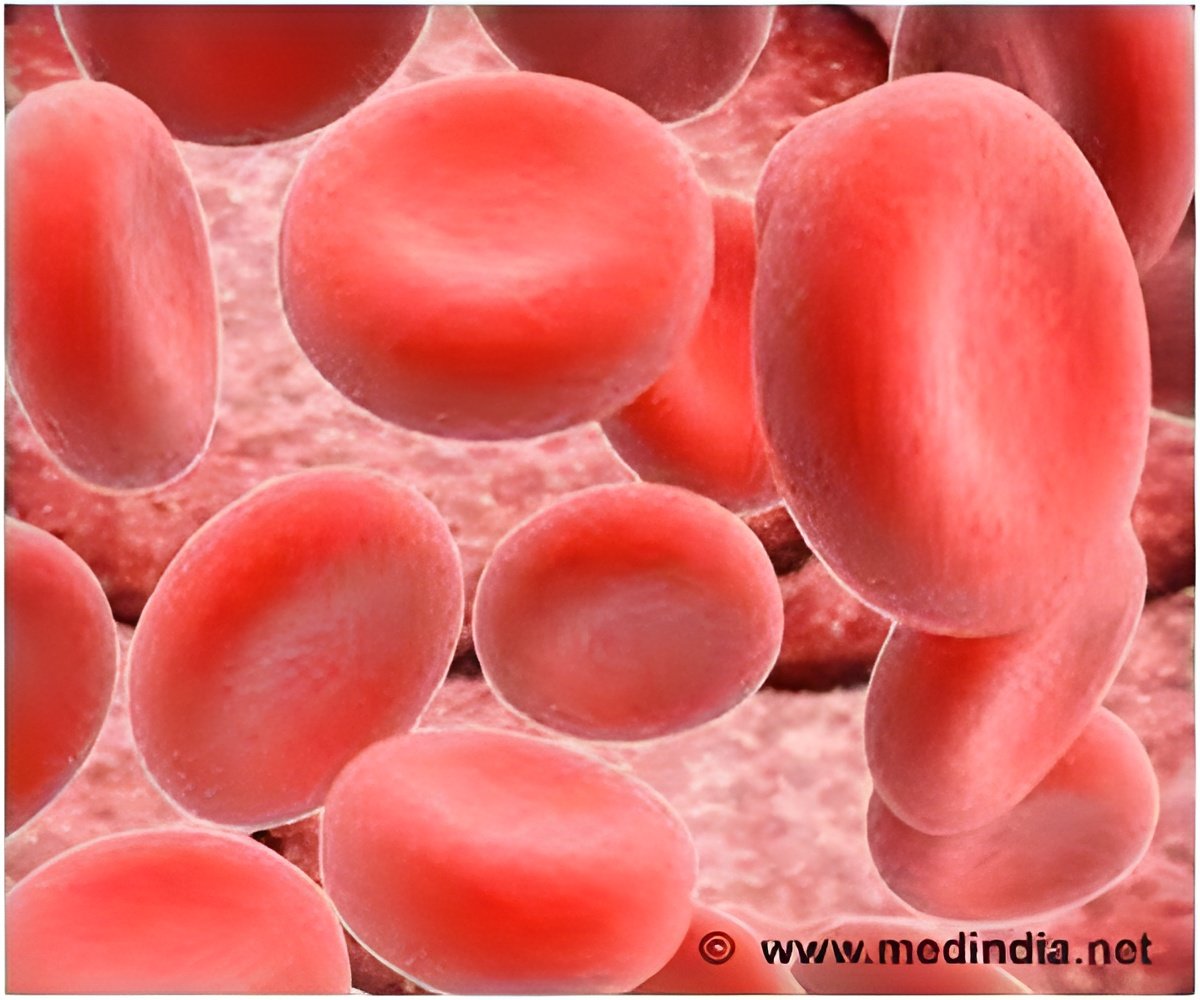A large study recently found how women's blood clot risk remains higher than normal for atleast 12 weeks after delivering a baby
A large study recently found how women's blood clot risk remains higher than normal for atleast 12 weeks after delivering a baby. The chance of a blood clot rises during pregnancy, when platelets and other blood-clotting factors increase. The risk peaks around the time of delivery, but researchers found that afterwards it remained:
- 10.8 times higher during weeks 0-6;
- 2.2 times higher during weeks 7-12; and
- 1.4 times higher (a non-significant rise) during weeks 13-18.
By weeks 19-24, the chance of a blood clot returned to what it would have been if a woman had not delivered a baby. Fewer than one in 10,000 women suffer a pregnancy-related blood clot six to 12 weeks after delivery.
"While rare, blood clots are a serious cause of disability and death in pregnant and post-partum women, and many members of our research team have cared for young women with these complications," said Hooman Kamel, M.D., lead researcher and assistant professor in the Department of Neurology and the Brain and Mind Research Institute of Weill Cornell Medical College in New York City. "If you have recently delivered a baby, seek medical attention if you develop symptoms such as: chest pain or pressure; difficulty breathing; swelling or pain in one leg; sudden severe headache; or sudden loss of speech, vision, balance, or strength on one side of your body.
"The researchers calculated the odds using data on 1,687,930 women admitted for labor and delivery at a California hospital in 2005-10. Of those, 1,015 women had a clot during the following 1.5 years. These included women with clots that interrupted blood flow in the brain (stroke), heart (heart attack), lungs (pulmonary embolism) or limbs (deep vein thrombosis)." Clinicians should consider our results when caring for high-risk postpartum patients, such as those with previous clots, or postpartum patients with symptoms concerning for thrombosis," Kamel said.
Source-Eurekalert














